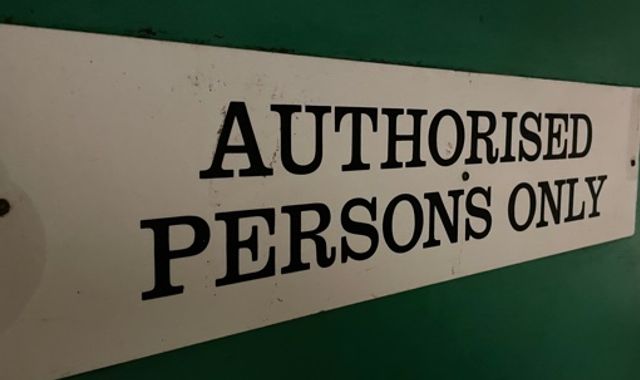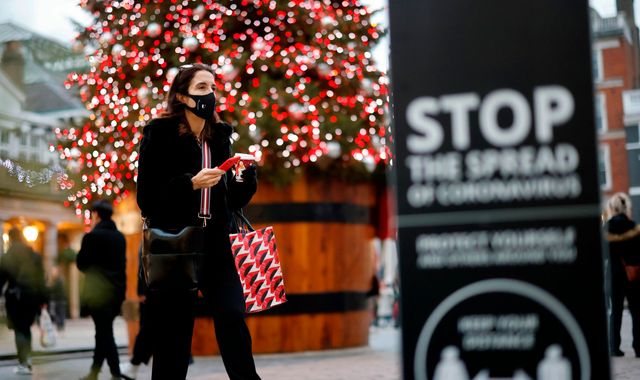People with Down’s syndrome charged to be allowed to go to college during pandemic
Written by News on 29/11/2020
GPs have been charging people with Down’s syndrome for letters allowing them to go to college, despite them being on the COVID-19 clinically vulnerable list, Sky News has learned.

Ahead of the second lockdown, all people over the age of 18 with the condition were put in this category.
Charities say it has caused confusion and distress for families who have felt they have to stop education and activities for their children.
Joe Tranter is logged into a Zoom session with his college.
The 20-year-old, from Cheshire, particularly enjoys writing and seeing his friends there but hasn’t been for almost a month now.
Joe has Down’s syndrome but his mum Sue didn’t expect the condition to be added to the clinically vulnerable list.
His college asked for a doctor’s letter to confirm he could still attend.
“I was shocked because up until that point there was no indication they were more vulnerable than anyone else in the general population,” Ms Tranter said.
“I rang the doctors to sort out the letter. I spoke to the secretary, who said if they do a letter it would cost £38 and take up to four weeks to produce. I don’t think it’s right to charge in this case.”
The Department of Health says people on the clinically vulnerable list have not been asked to shield but should take extra care following the rules.
But the chief executive of the Down’s Syndrome Association, Carol Boys, said the government guidance is too broad and has been left open to misinterpretation.
“The whole thing is a bit of a mess,” she said.
“People who have Down’s syndrome have been told they are in this group that’s clinically extremely vulnerable and they have to stop doing everything that they would normally be doing and stay at home and that has caused all sorts of anxiety and upset.”
:: Subscribe to the Daily podcast on Apple Podcasts, Google Podcasts, Spotify, Spreaker
Many other parents have contacted the Association after being charged for letters to allow their children to attend college.
The charity points to recent research from Oxford University and the Trisomy 21 Research Society, which focuses on the condition and said the confinement of all adults with Down’s syndrome is not “sufficiently justified”.
“People with Down’s syndrome are a very heterogeneous group and the risk for poor outcomes of COVID-19 increases after age 40,” it said.
For some families, the risk is very real.
Martin O’Neill, who is 35 and has Down’s syndrome, stopped going to his day centre back in March.
His dad Jimmy says “it’s probably 75% of his life going there”.
“I know he’s got us, but if you’ve ever seen him getting ready to go there, he hops on the spot. Without it, he’s quieter,” he said.
For them, like two million other people shielding, there’s been little sense of a second lockdown because the first never ended.
Mr O’Neill added: “Without a vaccine, I can’t see us doing more than 12 months of this – it’s soul-destroying.”
(c) Sky News 2020: People with Down’s syndrome charged to be allowed to go to college during pandemic






